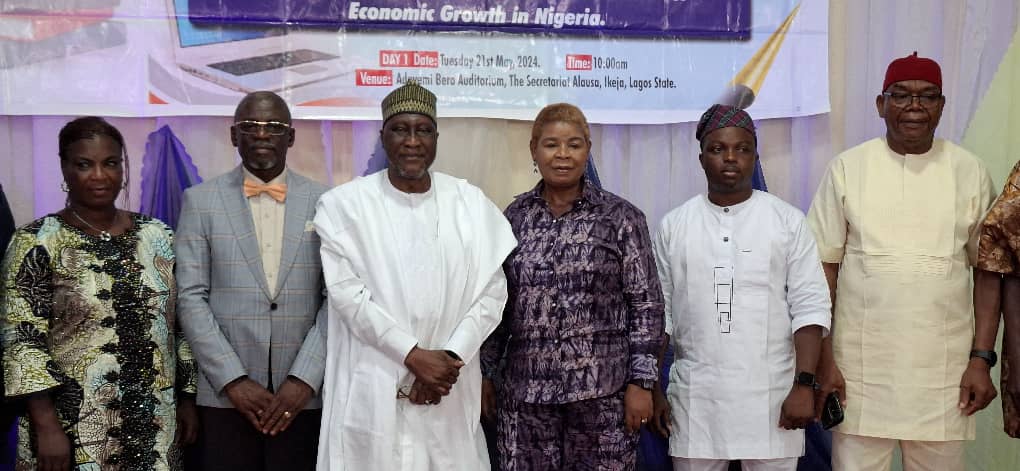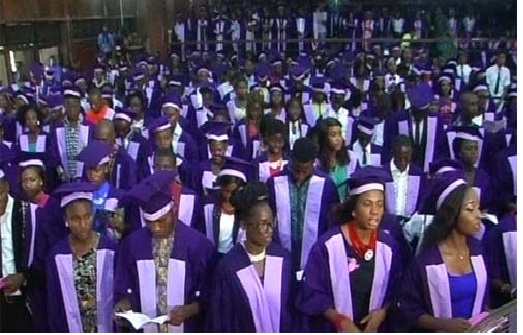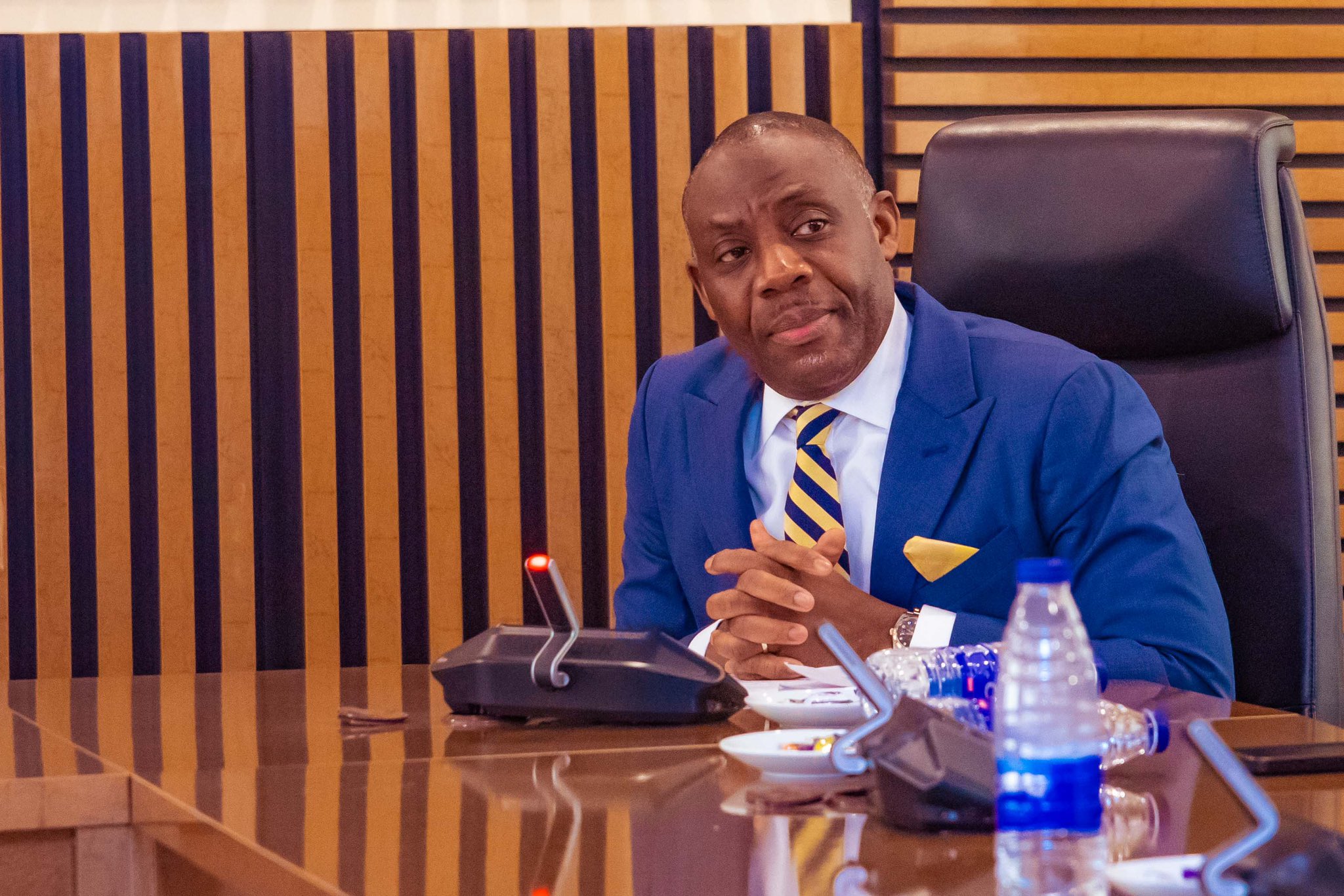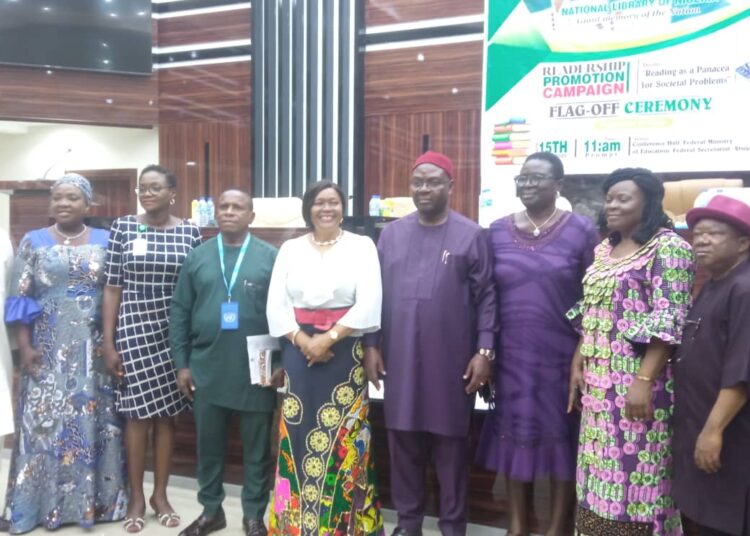NERDC assures Nigerian schools of innovative, technology-driven curriculum


LAGOS (Sundiata Post) – The Nigeria Educational Research and Development Council (NERDC) says it will continue to work towards making Nigerian schools’ curriculum more innovative and technology-driven.
The Executive Secretary, NERDC, Prof. Ismail Junaidu, said this at the opening ceremony of the 2024 Network of Educational Services Centres in Nigeria (NESCN) Convocation, on Tuesday in Ikeja, Lagos.
Junaidu said that the two-day programme would avail stakeholders the opportunity to brainstorm on ways to enhance the country’s educational curriculum, to fit into the realities of the 21st century.
The programme which had the theme: ”Repositioning Education Innovation and Service Centres to Address Trends and on Curriculum Reform for Economic Growth in Nigeria”, was organised in collaboration with the Lagos State Ministry of Basic and Secondary Education.
“This programme is an annual event that is very crucial and can be regarded as the foundation for education in Nigeria.
“The NESCN is in charge of curriculum development in the country and our mission is to build and sustain a culture of strategic educational research and development.
“The President Bola Tinubu-led administration is keen on developing vocational skills at the school level and that is why the theme of the programme is related to innovation and technology.
“We are going to take into cognisance the review that we have started, to input 21st century skill creativity and critical thinking, and to further brainstorm on how to better our curriculum,” the NERDC scribe said.
He urged Nigerians to contribute to education to foster economic development and progress of the nation, adding that government alone could not be saddled with the responsibility.
“Education for all is the responsibility of all, we have to take education serious and have it in mind that government alone cannot do everything.
“This is why we engage stakeholders from all sectors in our curriculum development process, to tell us what they think will make the curriculum better,” Junaidu said.
Also speaking, Mr Jamiu Alli-Balogun, Lagos State Commissioner for Basic and Secondary Education, said that the progress and development of any nation depended on its education.
Alli-Balogun, who was represented by the ministry’s Permanent Secretary, Mr Abayomi Abolaji, said that there was the need to review and rejig the current curriculum to meet 21st century standard.
“If the education of a nation is strong, that means the educational curriculum of such country is strong, and that is the essence of today’s gathering, to ensure that we have a curriculum that will take Nigeria deep into the 21st century.
“Our curriculum should never be stuck to the past, it needs to align with the current realities, and we have moved from the era of chalkboard, learning is on our fingertip,” he said.
Alli-Balogun said that Lagos State had already adopted modern teaching techniques, through its Eko Excel programme and others.
“In Lagos State, we will stop at nothing in ensuring that we equip all our schools with modern teaching techniques. Presently, all our primary school teachers use tablet in conveying learning.
“Last session, our Senior Secondary 2 students received android devices in which they had digital scheme of work and key subjects,” he said.
Similarly, Mrs Agatha Ogafere, a Deputy Director in charge of Basic Education curriculum at the Federal Ministry of Education, described curriculum as the driver of education.
Ogafere, who represented the Director of the Ministry, added that a well -supervised and planned curriculum would have positive impact on education. (NAN)










